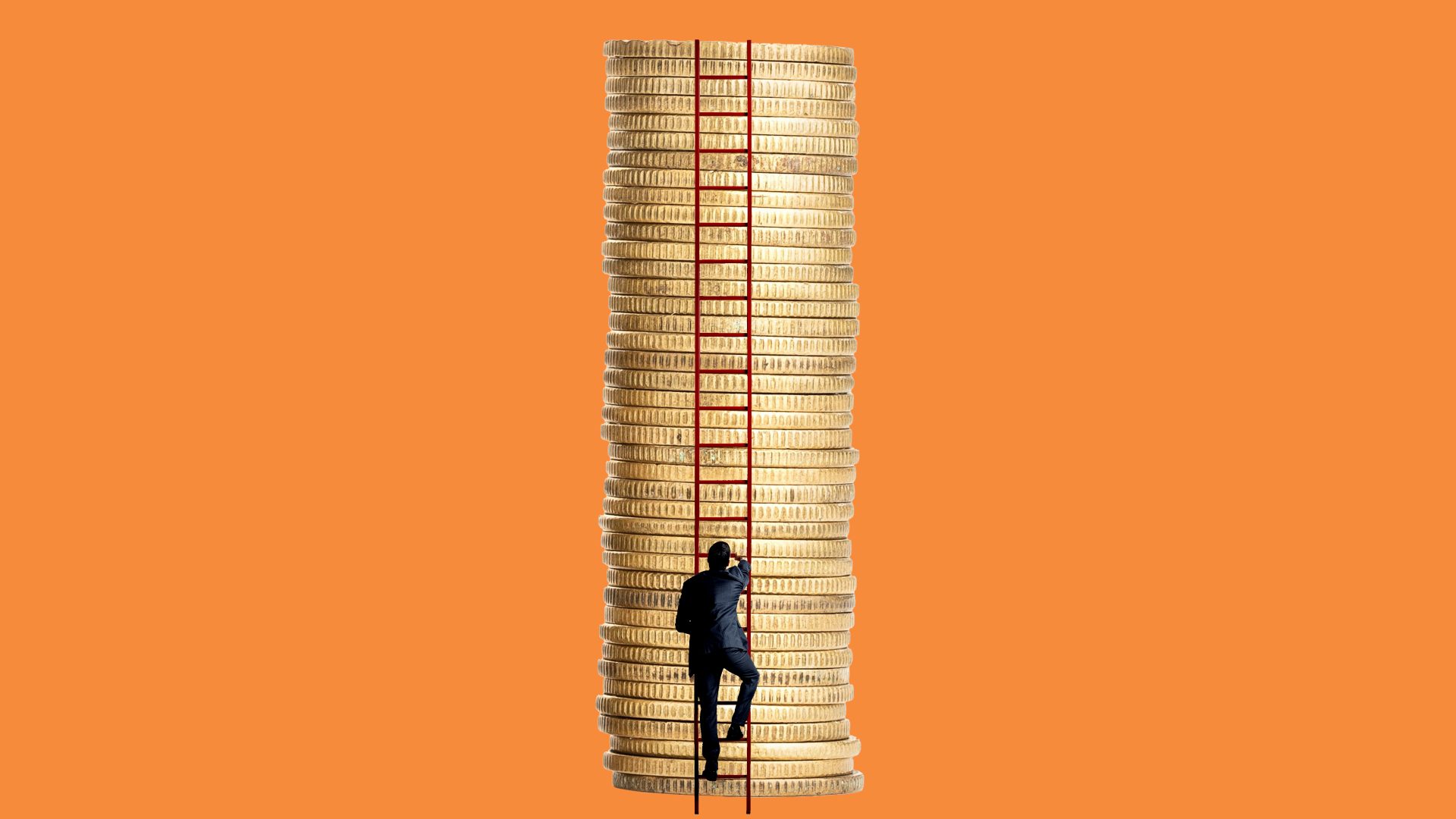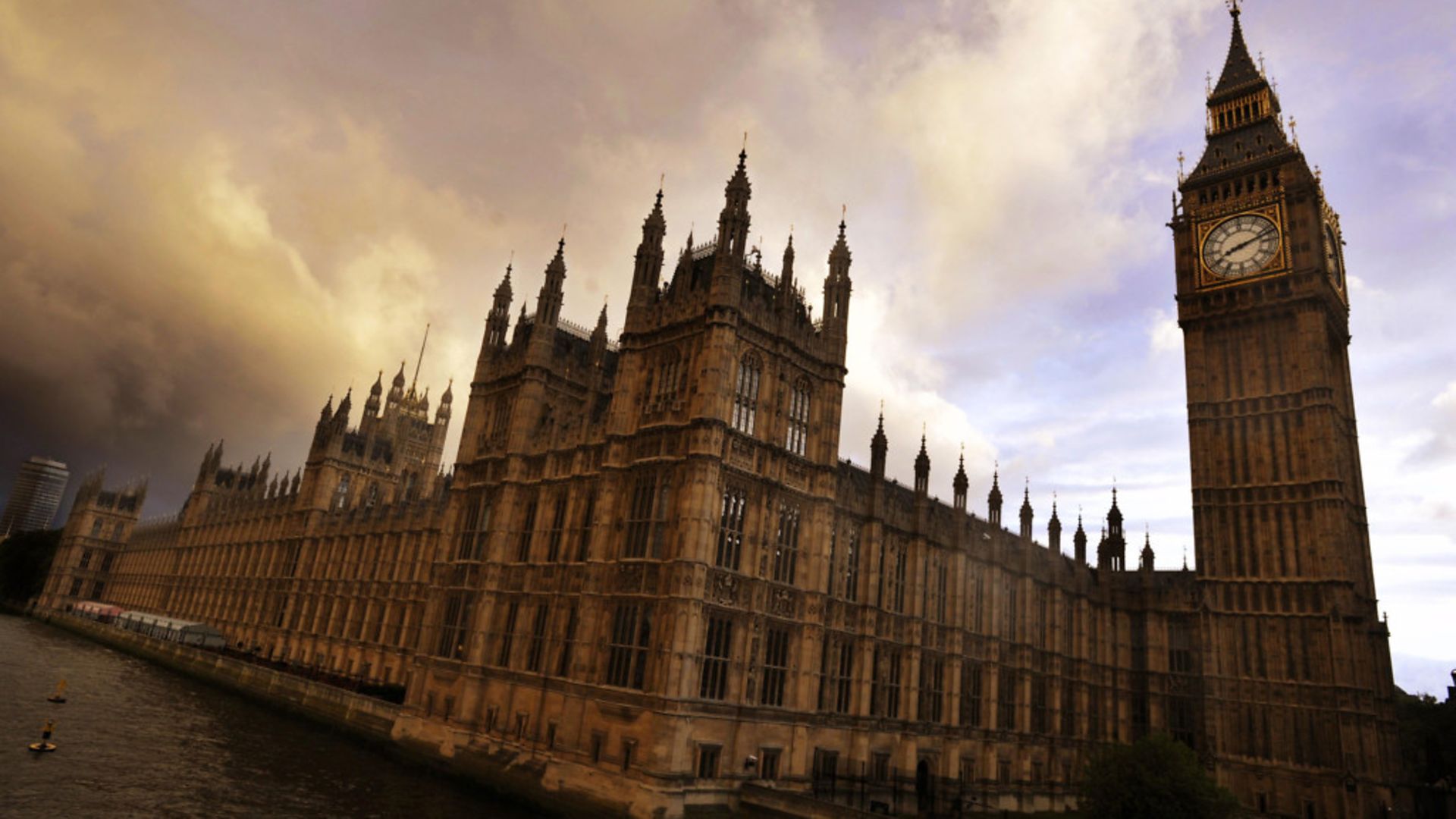Inflation is like a thief in the night that makes us all poorer. It eats into our spending power and makes us permanently worse off.
The Office for Budget Responsibility calculates that the current surge in prices is going to cut household income by 2.2% this year, the biggest fall in living standards in decades. But that is just the average. Many people in work may be able to negotiate reasonable pay rises that might keep up with inflation, but pensioners and those on benefits will not see their income rise anything like as fast as prices, with inflation now expected to peak at well over 10%, according to the Bank of England.
The main cause of all this pain is, of course, the surge in energy and fuel prices on the international markets. We all buy fuel and energy directly for our cars or to warm our homes, but it is also a vital component of everything else we consume.
It is used to make fertilisers and process food, run factories and transport finished goods, power the internet and make TV programmes. It is everywhere and in everything.
On top of that, the invasion of Ukraine has led to massive peaks in the price of many commodities. Russia and Ukraine are the source of much of the surplus wheat in the world, but also the world is dependent on fertilisers and potash from the region and for minerals including titanium that are vital to industry.
But none of that explains why the UK has one of the highest inflation rates in Europe and why its inflation is forecast by the International Monetary Fund (IMF) to last longer.
Just look at the IMF’s latest predictions. Inflation in France is expected to peak this year at 4.1% and fall back in 2023 to 1.8%. In Germany it is a similar picture, with inflation this year hitting a peak of 5.5%, before falling back to 2.9% next year.
Yet in the UK the IMF thinks inflation this year will reach 7.4% and it will only fall to 5.3% in 2023.
Part of that difference is down to government action, or inaction. In France the energy providers were ordered by the government not to increase fuel prices by more than 4%. But in the UK the government has done virtually nothing, except lend homeowners some money they will have to pay back. France’s move reduces inflation, the UK’s does not.
However, there is another factor at play. Brexit is a permanent hit to the UK economy and it does not just mean lower growth, it also means higher prices.
Part of that comes about because of the fall in the value of the pound since the referendum on leaving the EU. A weaker pound means more expensive imports for consumers and, in particular, the pound’s fall against the dollar has made energy even more expensive to import (international oil and gas is priced in dollars).
Brexit and Covid combined have also meant a huge hit to the British labour market. Many EU citizens went home during Covid, and Brexit has made it less likely that they will return. New immigrants from the Continent are also just not coming here in the numbers they used to.
This is a deliberate act by a government which decided that the anti-immigrant backers of Brexit needed to be placated.
You can see the results all around. There’s the shortage of lorry drivers that came close to seriously damaging the UK’s supply chains and leaving petrol forecourts with no fuel to sell. Crops rotting in the fields because there was no one to pick them. A desperate construction industry that does not even have the capacity to train enough workers to replace the Polish plumbers and Bulgarian brickies who have left the UK. And a catering and hospitality industry that is pulling its hair out looking for staff. When was the last time you passed a café, bar or restaurant that didn’t have a card in the window advertising for cooks, waiters or baristas?
Shortages of labour have been exacerbated by workers who decided that Covid was a good reason to bring forward their retirement, but it is Brexit which means there aren’t enough workers to replace them.
Wage inflation is, therefore, high in these sectors and those businesses in a position to pass on the pain, in the form of higher prices, are doing just that.
And then there is the increased cost of importing and exporting because of those new barriers at the UK’s borders. Remember all those promises of less red tape, less bureaucracy and a better border than even membership of the Single Market could provide?
The reality has been a computer system that is not fit for purpose, queues at Dover stretching for miles and the huge cost of form-filling for industry.
The HMRC’s own calculation is that just filling out all those import and export forms adds £7bn a year to the cost of doing business. This includes the cost of 50,000 new agents needed to process those previously unnecessary forms, but not the cost of the new infrastructure at ports and airports across the UK – that is billions more.
All of this adds to your bills, as does the price of reorganising supply chains and using less efficient suppliers in the UK or further afield rather than EU-based ones.
The latest research from the UK in a Changing Europe think tank found Brexit had added 6% to the price of food in the UK between 2019 and 2021.
Just look at the price of chicken. The prime minister blamed fuel prices for the rising price, but the British Poultry Council hit back, pointing out it is not just the cost of fuel but Brexit-related trade barriers and skill shortages that are also to blame.
Of course, all of this is before the UK actually introduces the full set of checks and inspections that it is committed to set up at our borders under its agreement with the EU.
Little wonder then that Jacob Rees-Mogg, the minister for Brexit Opportunities, took the time out from his busy schedule last week to go to Dover to announce yet another delay to the introduction of those checks.
This is the third or fourth time the checks have been delayed. This time, Mr Rees-Mogg rather let the cat out of the bag by saying that bringing them in would have been “an act of self-harm”. The delay the minister claimed would save £1bn, so that “self-harm” would have been £1bn on your and my bills.
It sums up rather nicely the inflationary effects of Brexit.
It is not the cause of all the price rises we are seeing in the UK. But it is adding to them and unlike a temporary spike in world oil and gas prices, this act of self-harm is not going away.




